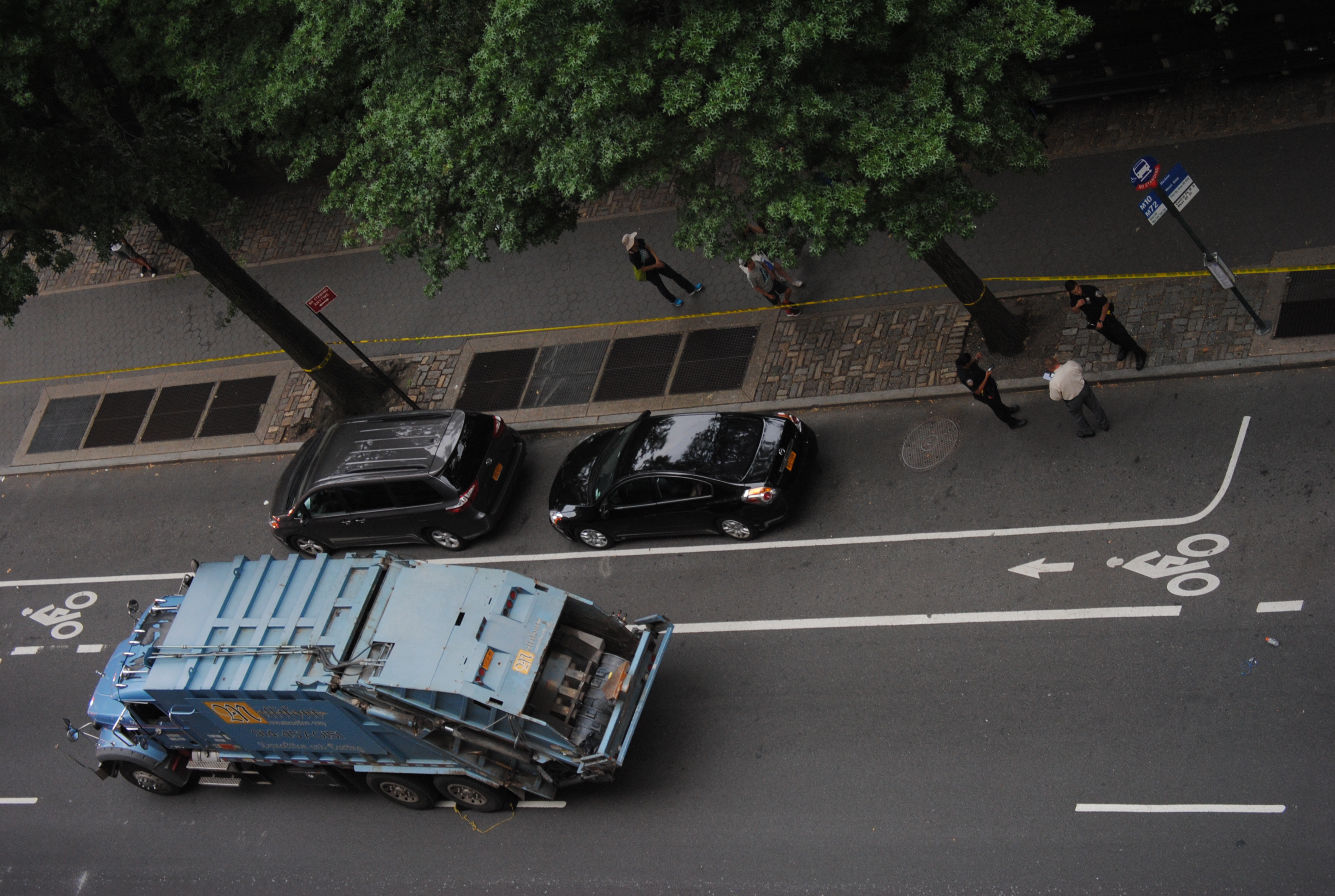
The reform, proposed back in 2016 and passed in 2019, is a response to a series of alarming statistics and incidents involving private garbage hauling companies
These firms, tasked with collecting commercial waste, have operated under a system that prioritizes efficiency over safety, resulting in a patchwork of overlapping routes that span multiple boroughs. This inefficient management has not only led to horrendous working conditions for haulers, often working shifts longer than 12 hours, but also posed a significant threat to public safety. A city report from 2021 highlighted a grim reality: over a decade, commercial garbage trucks were involved in accidents that led to at least 43 deaths and 107 injuries.
The root of the issue lies in the deregulated and fragmented nature of the industry. With private carting companies competing for business across the city, the drive to cut costs and maximize profits has frequently come at the expense of safety protocols and rational route planning. This has resulted in dangerously long work hours for drivers and compromised vehicle maintenance.
From a legal standpoint, these practices have created a complex battleground for accident victims seeking justice
Proving negligence in garbage truck accidents involves navigating a maze of company policies, regulatory compliance, and often, the lack of transparent operational records. The forthcoming reforms, by introducing zoned collection systems and tighter regulations, aim to streamline operations and enhance accountability. This could significantly impact legal proceedings by clarifying standards of care and operational expectations for these companies.
Moreover, the reform is anticipated to have a ripple effect on the industry’s safety culture. By mandating shorter, more efficient routes and stricter oversight, we can expect a reduction in the fatigue-related errors that have contributed to many accidents. This not only benefits the workers but also the wider community, reducing the risk of fatal and injurious collisions.
while the delayed reforms to New York City’s private garbage truck industry are a welcome development, their successful implementation will require vigilance and a collective commitment to change. As legal advocates for accident victims, we remain cautiously optimistic about the potential for these reforms to bring about meaningful improvements in safety and justice for all New Yorkers.
